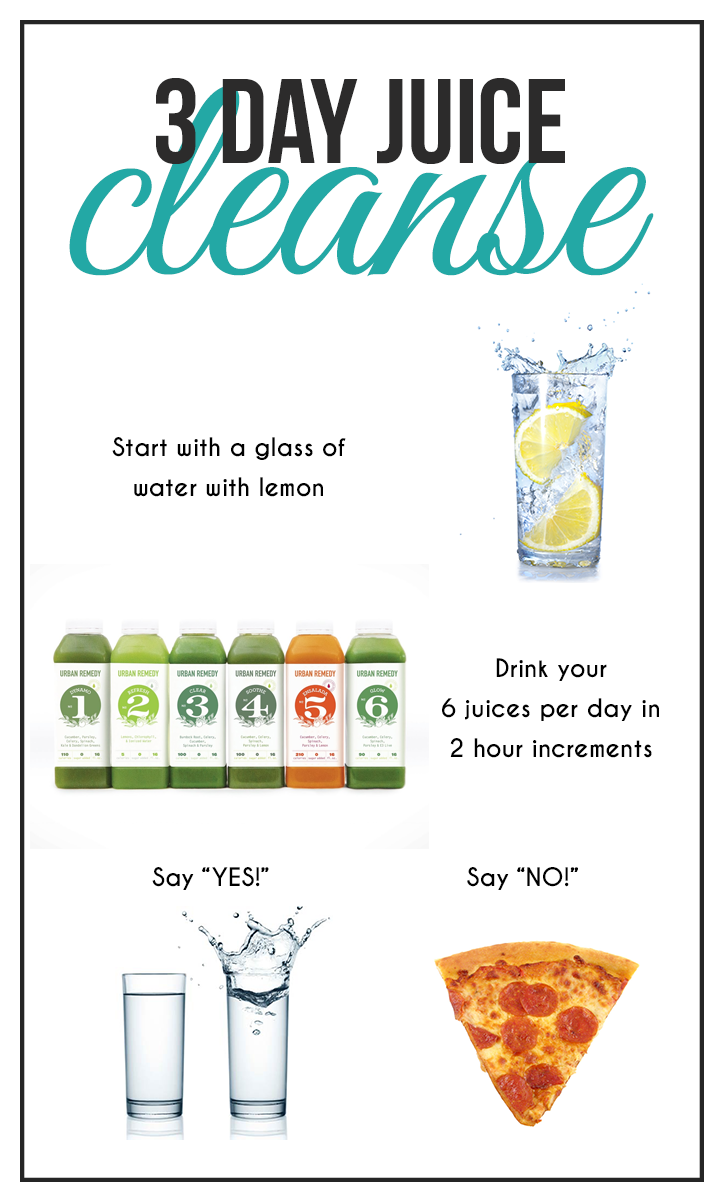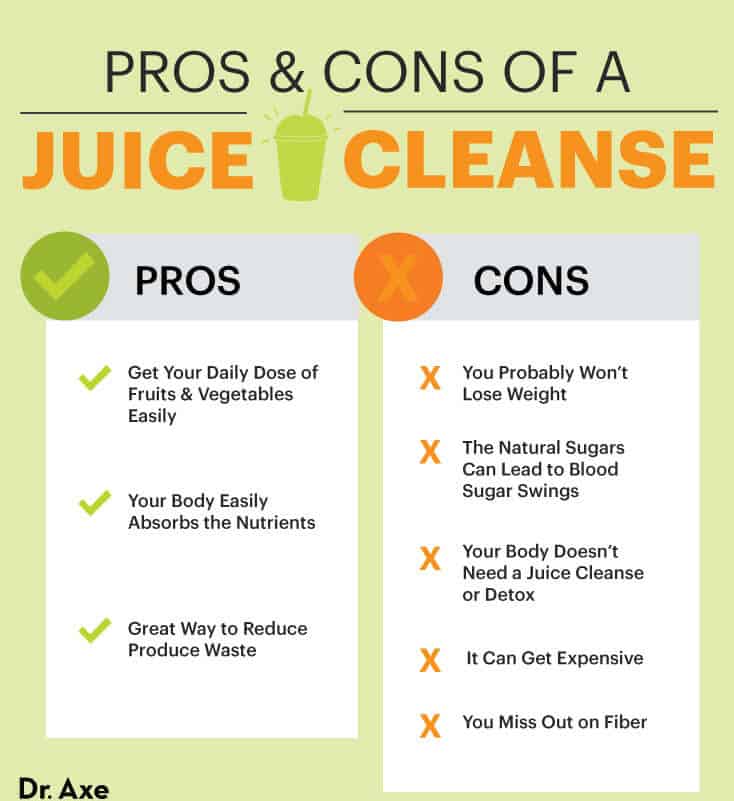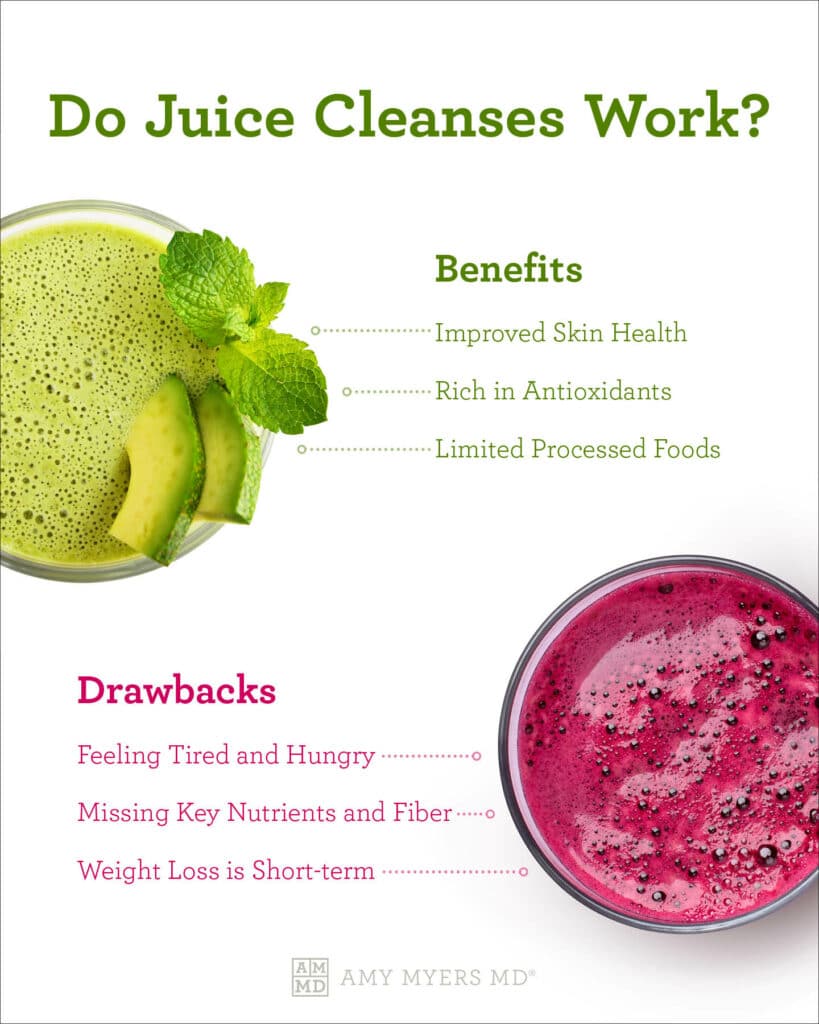Discover the consequences of eating while on a juice cleanse. From digestion to energy levels, explore the potential impacts of deviating from the cleanse guidelines.
Embarking on a juice cleanse can be an enticing way to give your body a break from heavy foods and jumpstart a healthier lifestyle. However, what happens if you succumb to the temptation of eating while on this cleanse? The very foundation of a juice cleanse relies on the idea that your body is solely nourished by extracting vital nutrients from fruits and vegetables. In this article, we will explore the potential consequences and challenges that arise when one deviates from the strict guidelines of a juice cleanse and indulges in solid foods.
What Happens If You Eat While on a Juice Cleanse?
A juice cleanse is a popular detoxification method in which individuals consume only fresh, nutrient-rich juices for a certain period of time. The idea behind a juice cleanse is to give the digestive system a break and flood the body with vitamins, minerals, and antioxidants. However, many people wonder what would happen if they were to eat solid food while on a juice cleanse. Would it defeat the purpose of the cleanse? Let’s take a closer look at the potential impacts of eating while on a juice cleanse.

Impact on Digestion
One of the main benefits of a juice cleanse is that it allows the digestive system to take a break from processing solid foods. When you consume only liquids, your digestive system doesn’t have to work as hard to break down the foods, which can provide a temporary relief for individuals who have issues with digestion. However, if you were to eat solid food while on a juice cleanse, it would require your digestive system to switch gears and start processing the solid food, potentially undoing the benefits of the cleanse and leading to digestive discomfort.
Change in Detoxification Process
During a juice cleanse, the body undergoes a natural detoxification process. With the help of the nutrients and antioxidants in the juices, the body can eliminate toxins and waste more efficiently. However, if you were to introduce solid food into your diet while on a juice cleanse, it could disrupt this detoxification process. Solid food requires more energy and time to be broken down and digested, potentially slowing down the body’s natural detoxification mechanisms.

Effect on Energy Levels
One of the potential side effects of consuming only juices during a cleanse is a decrease in energy levels. This is because juices are often lower in calories and macronutrients compared to solid food. By eating while on a juice cleanse, you may experience an increase in energy levels as solid food provides more sustained energy. However, it is important to note that the purpose of a juice cleanse is not to provide energy but rather to allow the body to rest and reset. So, while eating may boost energy levels temporarily, it may counteract the purpose of the cleanse.
Impact on Nutrient Intake
Juices used in a cleanse are typically packed with essential vitamins, minerals, and antioxidants. By consuming only juices, you can ensure that your body receives a concentrated dose of these nutrients. However, if you were to eat solid food while on a juice cleanse, your nutrient intake may change. Depending on the foods you eat, you may miss out on certain nutrients or end up consuming excess calories and fats. It is important to carefully consider the nutritional value of any solid food you choose to incorporate into your cleanse to ensure you are still maintaining a balanced intake of nutrients.
:max_bytes(150000):strip_icc()/juice-cleanse-89120-a-8f02da4fce3f463abd578d2b1c8b1165.jpg)
Changes in Hunger and Appetite
When you consume only juices during a cleanse, your hunger and appetite may undergo some changes. It is common to experience periods of hunger during a juice cleanse, as the body adjusts to the lower calorie intake. However, over time, these feelings of hunger may diminish as the body adapts to the cleanse. If you were to eat solid food while on a juice cleanse, your hunger and appetite may increase, leading to potential cravings and a difficulty in sticking to the cleanse. This can disrupt the cleanse’s effectiveness and make it harder to achieve the desired results.
Potential Weight Loss Interruption
Many individuals embark on a juice cleanse with the goal of weight loss. During a cleanse, the reduced calorie intake and increased hydration can lead to initial weight loss. However, if you were to eat solid food while on a juice cleanse, it could potentially interrupt or slow down your weight loss progress. Solid food generally contains more calories and can lead to weight gain or plateau if not consumed in moderation. It is important to consider your goals and evaluate whether incorporating solid food into your cleanse aligns with those goals.

Gastrointestinal Issues
While a juice cleanse is generally well-tolerated by most individuals, introducing solid food while on a cleanse may increase the risk of experiencing gastrointestinal issues. Juices are easier to digest and less likely to cause bloating, gas, or constipation. Solid food, on the other hand, can be more challenging for the digestive system to process, potentially causing discomfort and digestive disturbances. It is important to listen to your body and proceed with caution when deciding to eat during a juice cleanse to minimize the risk of gastrointestinal issues.
Impact on Blood Sugar Levels
A juice cleanse can have a positive impact on blood sugar levels, especially for individuals with blood sugar imbalances or diabetes. By eliminating solid food and consuming only juices, the intake of carbohydrates is reduced, leading to more stable blood sugar levels. However, if you were to eat solid food while on a juice cleanse, it could lead to fluctuations in blood sugar levels. Solid food generally contains higher levels of carbohydrates, which can cause blood sugar spikes and crashes. This can be particularly problematic for individuals with diabetes or those looking to stabilize their blood sugar levels.

Effect on Hormonal Balance
The foods we consume can have a profound impact on our hormonal balance. A juice cleanse can help rebalance hormones by eliminating processed foods, added sugars, and unhealthy fats. However, introducing solid food while on a juice cleanse may disrupt this delicate hormonal balance. Depending on the types of food you consume, you may introduce hormones disrupting substances such as preservatives, artificial additives, and pesticides. It is important to be mindful of the quality of the solid food you choose to incorporate into your cleanse to support hormonal balance.
Potential Disruption to Cleansing Benefits
The main purpose of a juice cleanse is to give the body a break, detoxify, and nourish it with essential nutrients. By consuming only juices, you provide your body with a concentrated dose of vitamins, minerals, and antioxidants. However, if you were to eat solid food while on a juice cleanse, it could potentially disrupt the overall cleansing benefits. Solid food requires more energy and time to be broken down, potentially diverting the body’s resources from the detoxification process. It is crucial to consider the goals and purpose of the cleanse before deciding to eat solid food.
In conclusion, while a juice cleanse can provide numerous benefits for the body, introducing solid food while on the cleanse can have various impacts. From potentially affecting digestion and detoxification processes to changing energy levels, nutrient intake, and hormonal balance, eating during a juice cleanse may disrupt the intended benefits of the cleanse. It is important to carefully consider your goals and consult with a healthcare professional before making any changes to your cleanse regimen. Remember, the ultimate goal is to support your body’s natural detoxification and provide it with the essential nutrients it needs for optimal health.
